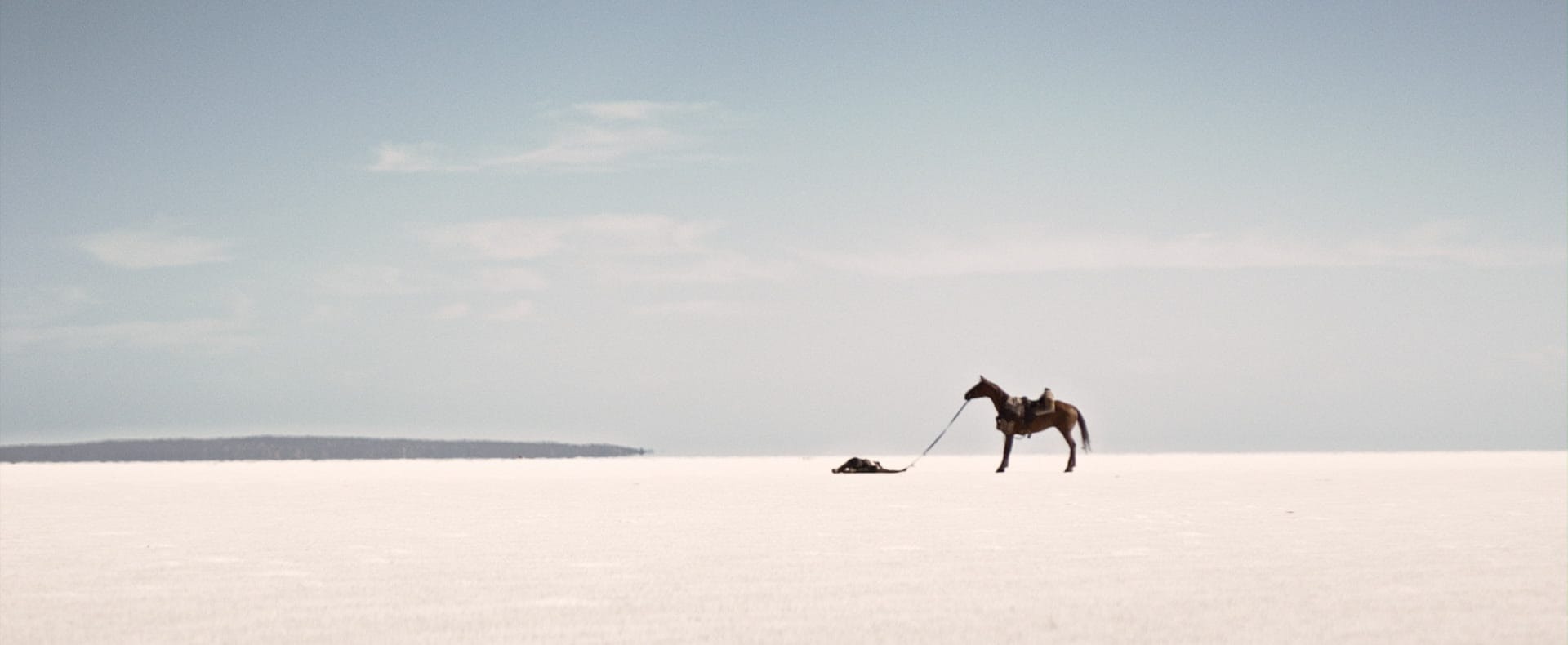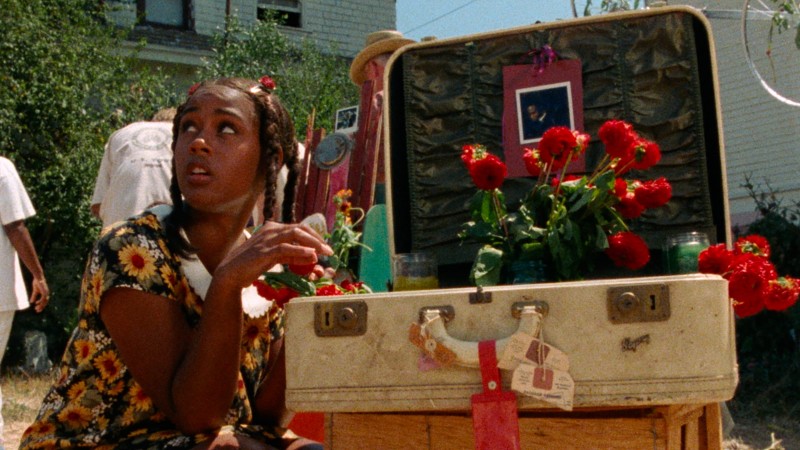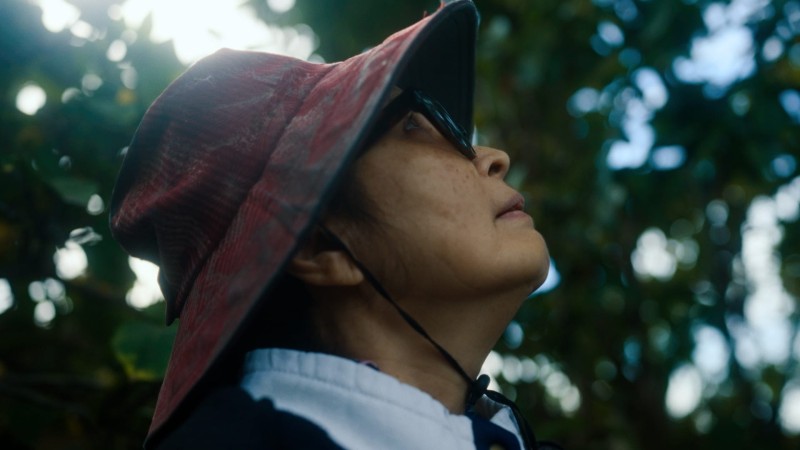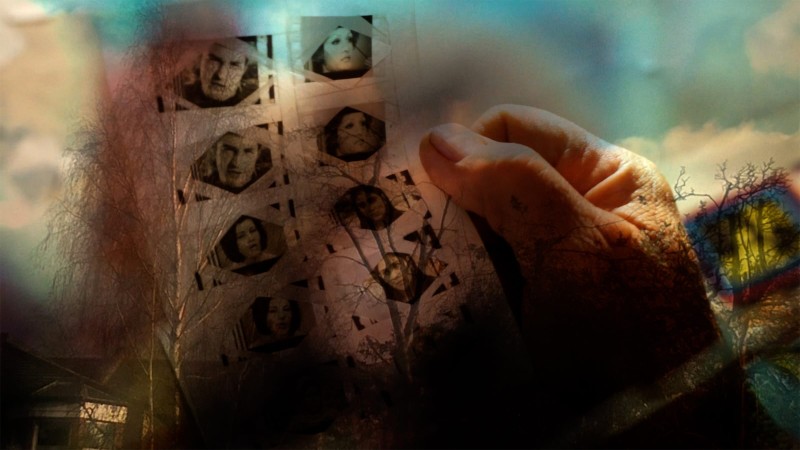Decolonizing Australian Cinema: A Conversation with Warwick Thornton

When Warwick Thornton’s feature debut, Samson and Delilah, premiered in the Un Certain Regard section of the Cannes Film Festival in 2009, the acclaim it received helped revolutionize the world of Australian film. Speaking first and foremost to the community it depicts, this rugged and bitterly realistic portrait of contemporary Indigenous life follows two teenagers who flee their remote and economically disadvantaged Aboriginal village to seek their fortunes in the nearby city of Alice Springs. Thornton immerses viewers in these outsider experiences with an unflinching gaze, inviting Indigenous Australians to stake out a place of their own in the country’s film industry.
The history of Australian film is not completely devoid of Indigenous voices and faces—art-house audiences will likely know the name of the trailblazing David Gulpilil, who rose to fame after starring in Nicolas Roeg’s Walkabout (1971). But Thornton’s emergence as one of the country’s leading filmmakers has opened a greater window onto the lives of Indigenous Australians and broken down enduring stereotypes. Samson and Delilah, for instance, humanizes the young pariahs at its center and illuminates the economic precarity that gives rise to public health crises like alcoholism and other addictions among the Aboriginal population.
Thornton’s work also engages fiercely with the tensions and contradictions that characterize the Indigenous Australian experience, tackling phenomena like the fetishization of Aboriginal art by enlightened white folks in his 2002 horror satire Mimi, and the country’s not-so-distant colonial past and racist legal systems in 2017’s Outback-set western Sweet Country.
Though his insights into Australian society are piercing, Thornton’s craft also extends beyond the subject matter contained in his scripts. He began his career as a DJ at an Aboriginal radio station, a stint semi-fictionalized in his short film Green Bush (2005), before training as a cinematographer as part of a roving documentary crew. He has gone on to compose the music for some of his films and often performs double duty as his own cinematographer, capturing Australia’s urban textures and arid landscapes with a vivid attention to detail and an almost mystical touch.
In conjunction with a series of Thornton’s work now playing on the Criterion Channel, I spoke with the director about his formative artistic encounters and his eclectic professional background.






